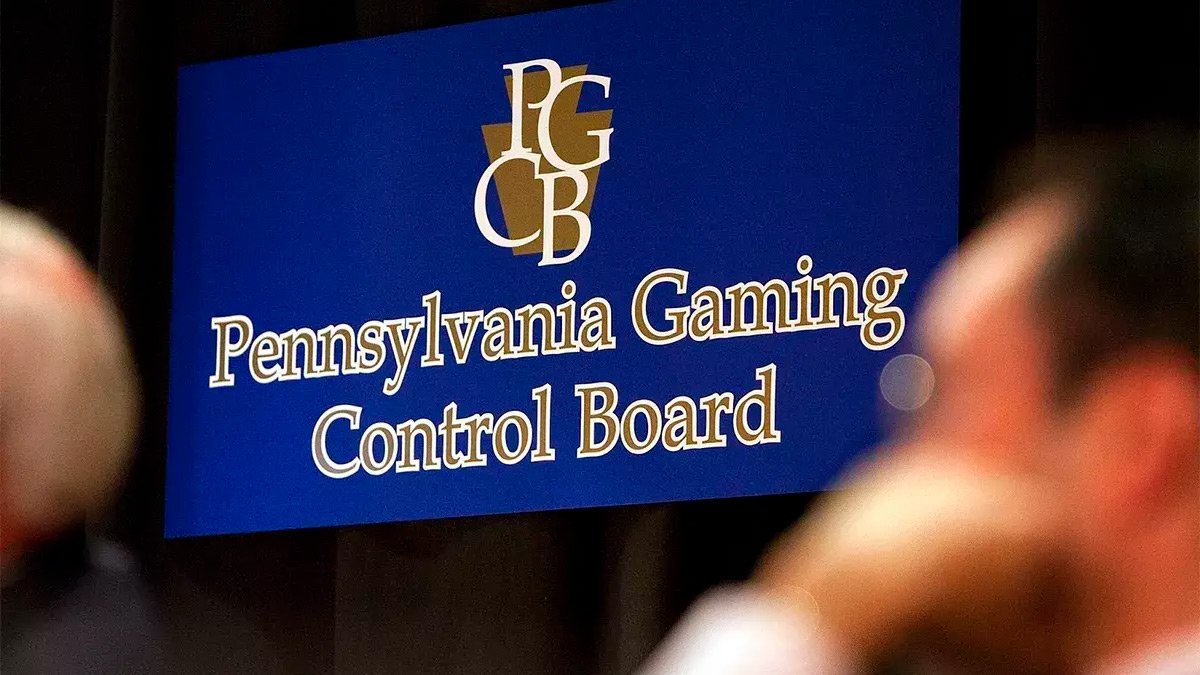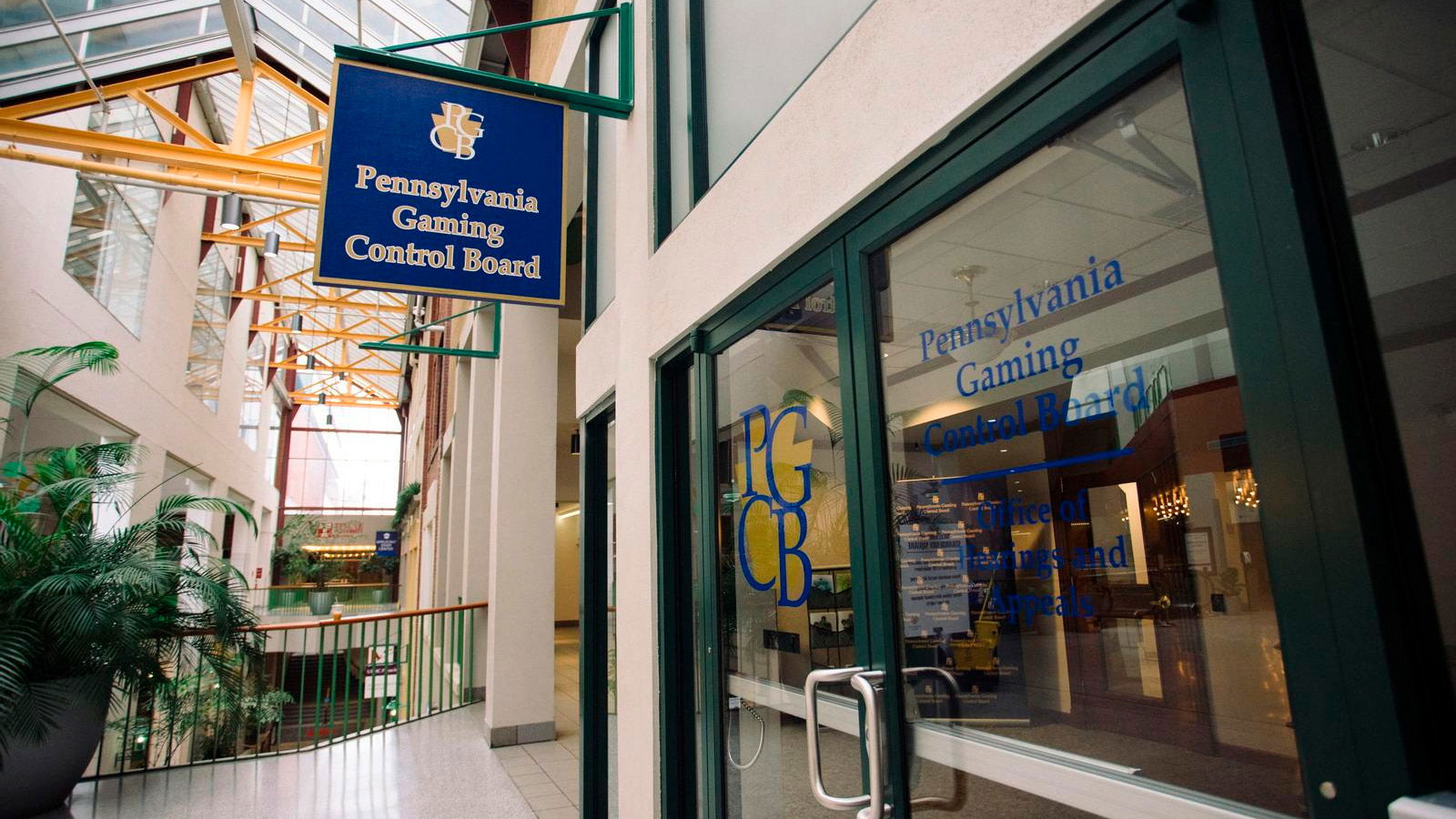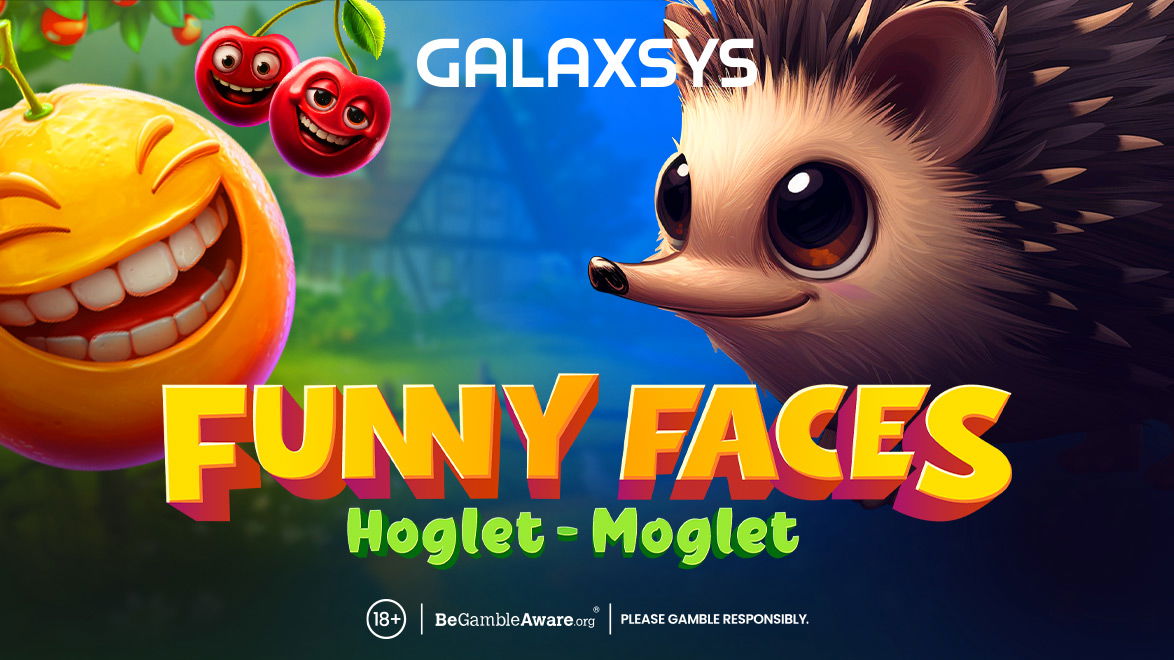Pennsylvania regulator launches bidding process for iGaming licenses

The Pennsylvania Gaming Control Board is re-opening its bidding process for iGaming operator licenses. Qualified Gaming Entities can seek to offer internet-based slots machines, table games, and poker. The period to petition the PGCB to obtain one of the permits begins today, January 3, and runs through March 3, 2023.
The regulator will begin accepting petitions from casino operators “primarily operating in jurisdictions outside of Pennsylvania,” but who wish to seek approval to be Qualified Gaming Entities. A Qualified Gaming Entity has the ability to obtain one or more of the three categories of iGaming certificates that remain available in the Commonwealth, and can operate online without having any ties to a Pennsylvania Casino.
This is the board’s second time making iGaming certificates available to entities without a physical presence in Pennsylvania, notes the regulator. The first petition period occurred in late 2018. While one entity was determined to be a qualified Gaming Entity during the earlier petition period — Golden Nugget’s iGaming platform — certificates have not yet been issued to it as its application “remains in process,” said the PGCB, without explaining what is causing the delay.
The 12 remaining certificates, which cost $4 million each, are in the following three categories:
- Three certificates for games that simulate slot machines.
- Three certificates for bank table games which simulate casino table games played against the house.
- Six certificates for non-bank table games (generally, poker).
iGaming and the concept of Qualified Gaming Entities are the results of the Gaming Expansion Act of 2017. Pursuant to Act 42, the Commonwealth’s 13 Category 1, 2 and 3 slot machine licensees had the first opportunity to apply for and obtain the 39 available interactive gaming certificates (13 in each of the three categories).

Most iGaming websites in the Commonwealth are operated directly by Pennsylvania’s brick-and-mortar casinos, or online operators who have entered market access agreements with those casinos. In comparison, Qualified Gaming Entities can obtain access to the Pennsylvania online market without any such connections.
However, the iGaming concessions being offered to outside firms come at a price, as they are considerably more expensive than the online gaming licenses offered to the state’s land-based casinos. While brick-and-mortar venues paid just $1 million to secure iGaming rights for online slots, tables and poker, an online gaming firm not tethered to a casino would pay up to $12 million in order to secure licenses for those three verticals.
All of the iGaming licenses are renewable every five years at a cost of $100,000 per permit. Gross revenue from online slots is subject to an effective tax of 54%, while online table games and poker rake is taxed at 16%.
The state is seeking new online casino operators at a point of growth for iGaming. The PGCB says that, during its 2021/22 fiscal year, online slots generated gross gaming revenue of $847.4 million, revenue from interactive table games amounted to $349.6 million, and online poker fees totaled $35.2 million.
For the 2021/22 fiscal year, iGaming generated taxes of roughly $341.7 million on a total GGR of $1.23 billion. Online slot revenue surged 40.5% from the 2020/21 fiscal year, while table games hiked 33% from the year prior. Poker rake income spiked 15% year-over-year.















































